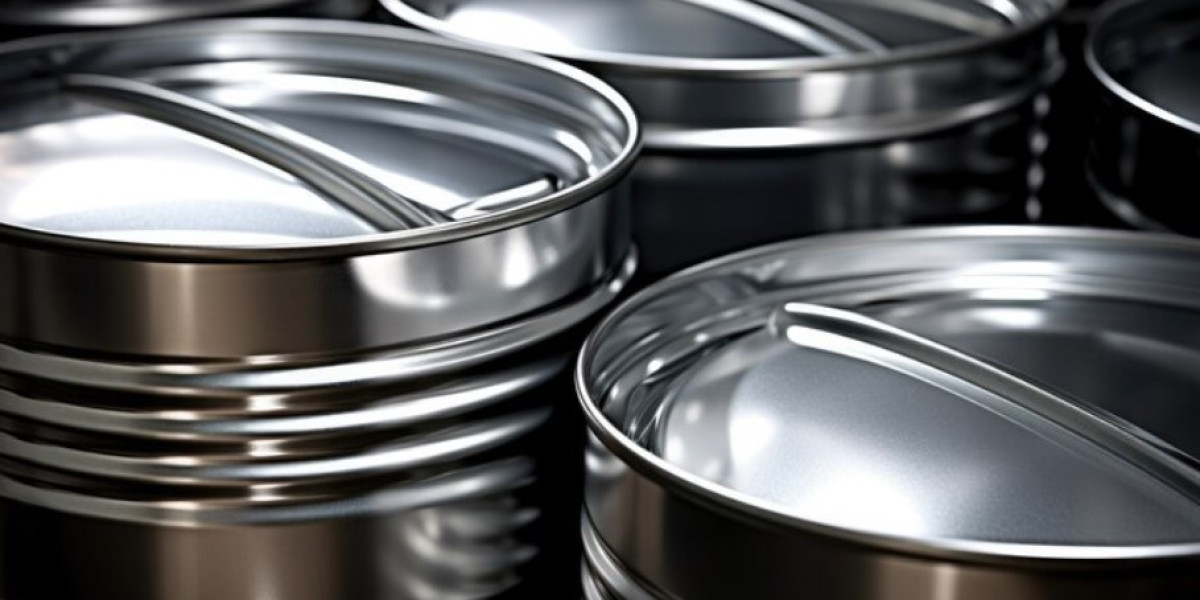Singapore, a hub for manufacturing and industrial activities, is also a prominent market for tin filling machine. These machines play a crucial role in various industries, from food and beverage to chemicals and pharmaceuticals.
Types of Tin Filling Machines
- Pneumatic Filling Machines: These machines use compressed air to fill tin containers with liquids. They are suitable for a wide range of products, including oils, paints, and food items.
- Volumetric Filling Machines: These machines fill containers based on volume. They are ideal for products with consistent density, such as liquids and pastes.
- Weight Filling Machines: These machines fill containers based on weight. They are commonly used for products with varying densities, such as powders and granules.
Key Features of Tin Filling Machines
- Accuracy and Precision: Tin filling machines are designed to ensure accurate and precise filling, minimizing product waste and ensuring consistent quality.
- Efficiency: These machines are highly efficient, capable of handling large volumes of product in a short amount of time.
- Flexibility: Many tin filling machines can be customized to accommodate different container sizes and shapes, making them versatile for various applications.
- Durability: These machines are built to last, with robust construction and high-quality components.
Applications of Tin Filling Machines in Singapore
- Food and Beverage Industry: Filling tin cans with food products such as canned fruits, vegetables, and seafood.
- Chemical Industry: Filling tin containers with paints, solvents, and other chemicals.
- Pharmaceutical Industry: Filling tin cans with pharmaceutical products.
- Automotive Industry: Filling tin containers with lubricants and other automotive fluids.
Factors to Consider When Choosing a Tin Filling Machine
- Product Type: The type of product being filled will determine the most suitable machine.
- Production Volume: The amount of product that needs to be filled will influence the machine's capacity.
- Container Size and Shape: The size and shape of the tin containers will determine the machine's compatibility.
- Budget: The cost of the machine is another important factor to consider.
By understanding the different types of tin filling machines, their key features, and their applications, businesses in Singapore can make informed decisions when selecting the right equipment for their specific needs.








